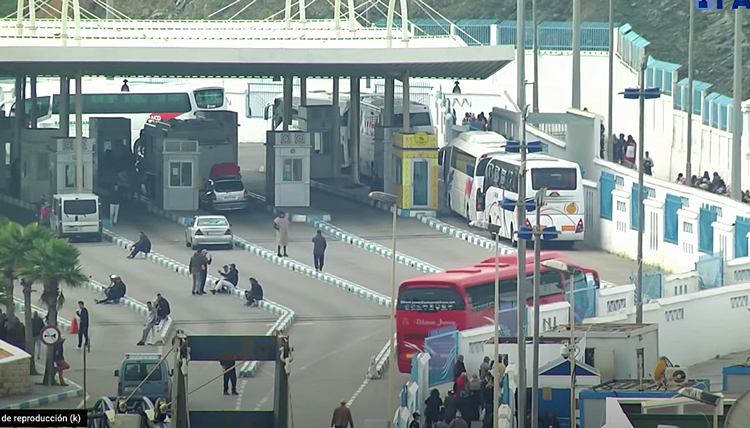Juan Corona
Director of the Antoni de Montserrat Chair of World Studies / Abat Oliba CEU University
The beginning of the “Arab Springs” took place in Tunisia, as a consequence of a chain movement derived from the immolation of Mohamed Bouazizi on December 10, 2010 and the subsequent “Jasmine Revolution”, which broke out a few days later in Sidi Bouzid.
The fall of the Ben Ali regime, after 23 years in power, generated enormous expectations (not only in Tunisia) to end a regime based on injustice and corruption, and to start a path of justice and freedom, leading to political democracy and economic well-being.
The first step was the establishment of a classical democratic system of a semi-presidential Republic, with independent elections for the Parliament and for the Presidency of the Republic. In the 2019 elections, Kais Saied won the Presidency with very significant support, while the moderate Islamist Ennahda party became the leading party in a very divided House.
The considerable deterioration of the economy, which has led to the existence of ten governments in a decade, together with a disastrous management of the Pandemic, has once again generated protest movements among the population, with the consequent political battle to take responsibility for the situation.
Against this backdrop, Saied, a former professor of Constitutional Law, has adopted an obstructionist stance, not only with regard to executive appointments, but also (and here lies the key) in the implementation of the Constitutional Court, which should have been operational since 2015. The Tunisian Constitution reserves to the President direct powers in Defense and Foreign Policy, except in extraordinary cases, provided for in its Article 80.
The absence of the Constitutional Court makes the President, de facto, the sole interpreter of this article, which has allowed him to dismiss the Prime Minister and the Ministers of Defense and Justice and to close the Parliament by assuming all the powers of the State, including the control of the Armed Forces and the Police. All this with a message to the people aimed at saving the country and restoring social peace.
Certainly, in emergency situations, the Constitution allows the accumulation of powers for a maximum period of 30 days, so it might seem premature to speak of a “presidential coup” or coup d’état. In any case, this is bad news for a democratic regime that is becoming more and more comparable in the international environment.
Regardless of the outcome of the current situation, it is clear that, regardless of the evolution of the country’s political system, the economic and social situation is far from being acceptable for its citizens. From the West, the assessment of the Tunisian revolution has been seen as a breakthrough, particularly in its regional environment, however, economic growth since 2010 has halved, unemployment (especially youth unemployment) is rampant, public debt is out of control and the price of commodities continues to rise.
This scenario has been aggravated by the lack of control of the Pandemic, with a very high death toll and a collapse of the health system, coupled with the fall in tourism, a key sector for the Tunisian economy.
The still recent memory of the “Jasmine Revolution” is very present among Tunisians, and even recent movements such as the so-called “25th of July” are demanding to complete the progress achieved in 2011. It is in this key that Saied’s decision to reassure the population can be better understood. Concentrating the protests on the Ennhada party may allow him to gain time to weather the storm.
The first reactions point in this direction. The reaction of the Islamist party has been reassuring for the moment, moreover, there are already seven political parties that have joined a front of support for the President, and everything points to the fact that the majority of the population has welcomed the presidential movement in a very positive way. If we take into account that Saied also has the support of the army, it seems that the requests of Western countries for a return to normality may fall on deaf ears.
Unfortunately for its citizens, ten years of democratic functioning have not solved the precariousness in which the Tunisian economy moves and, although it is true that, for the moment, the population supports its President, if the current situation is perpetuated, social tensions cannot be ruled out. At the moment, everything suggests that the state of emergency could be extended beyond the planned period, endangering the future of the country.
A decade after the beginning of the democratic movements in Tunisia, with their promises of justice and prosperity, the prospects are not favorable for the region’s only democracy. Will they end where the illusions of the Arab Spring began?
© All rights reserved






